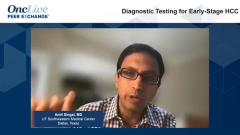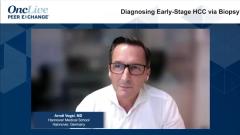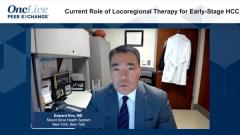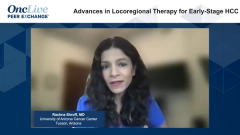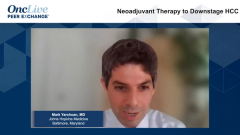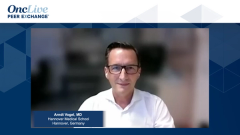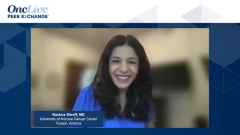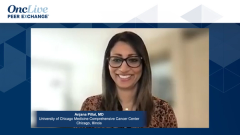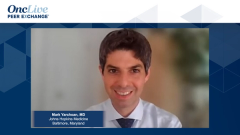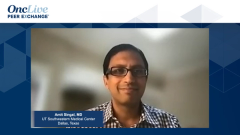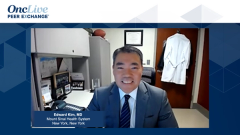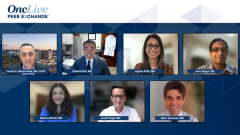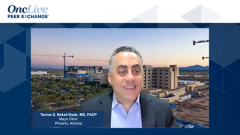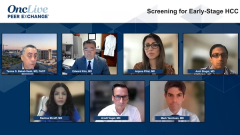
The LEGACY Study in HCC
Key Takeaways
- The LEGACY trial focuses on advanced-stage HCC patients, particularly those with portal vascular invasion.
- Radioembolization has shown significant survival benefits in certain advanced-stage HCC patients.
Implications on treatment practices of the LEGACY study of Y-90 glass microspheres in patients with unresectable solitary hepatocellular carcinoma.
Episodes in this series

Tanios S. Bekaii-Saab, MD, FACP: Ed, I want to go back to you on the LEGACY trial, which included BCLC-C [Barcelona Clinic Liver Cancer stage C]. Who are those patients who really fit BCLC-C? Interestingly, we are going back to you for local therapy.
Edward Kim, MD: Part of the LEGACY trial is the advanced-stage population. There was also a trial, DOSISPHERE-01, which is a phase 2 RCT [randomized controlled trial] that was out of France, and particularly the portal vascular invasion patients who had a 26.6-month median overall survival benefit with radioembolization in this study. Those patients will benefit from radioembolization in the advanced stage. As everyone has mentioned, not everyone is a great candidate for either checkpoint inhibitor alone or in combination with a TKI [tyrosine kinases inhibitor]. The study that was published in Nature showed that patients in these large, randomized controlled studies who did not have viral etiologies to their HCC [hepatocellular carcinoma] didn’t respond as well to these therapies. We’ve been getting more of those patients for locoregional therapies to treat the advanced stage, but for most others, we will probably combine systemic therapies with the locoregional therapies in the hopes of getting an immunomodulatory effect in combining those therapies. There are many trials, the LEAP-012 and the EMERALD-1, that are ongoing that are trying to figure out if there is an immunomodulatory effect. That is hopefully the future, with 35% objective response. We’re trying to do better than that based on, for instance, IMbrave150.
Transcript Edited for Clarity


